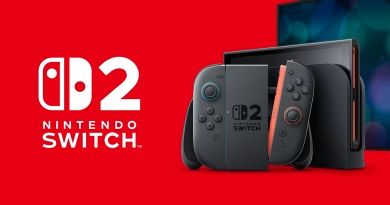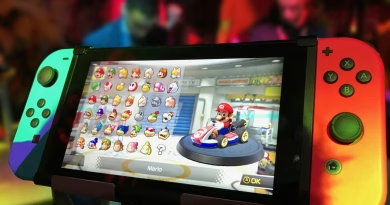Which Game Engines Dominate Indie Development in 2025?
It used to be simple: Unity or bust. But after licensing drama, open-source momentum, and major tech shifts, 2025’s indie scene is more diversified than ever. Today, devs are choosing engines based on workflow, flexibility, and community—not just power.
So, which engines are shaping the best indie games in 2025? Here’s the breakdown.
🥇 1. Godot Engine (Godot 5.0)
The rising star. Godot exploded in popularity after Unity’s 2023 pricing fallout, and it’s only grown stronger.
Why it dominates:
- 100% free and open source (MIT license)
- Lightweight and fast for 2D and pixel games
- Godot 5 added multithreading, better 3D, and native console support
- Devs love GDScript for its simplicity and Python-like flow
Used in: Cassette Souls, Dreambound, Pixel Planets
🧩 2. Unity (2025 LTS)
Still here—and still huge. Despite the 2023 controversy, Unity restructured its licensing and won back many developers.
Why it remains relevant:
- Enormous plugin ecosystem
- Top choice for mobile, AR, and VR
- Unity Muse & Sentis (AI-assisted tools) speed up dev
- Solid 2D pipeline and wide platform export support
Used in: Cult of the Lamb: Reborn, Palia, Dungeons Deep Mobile
🎮 3. Unreal Engine 5.4
Not just for AAA anymore. Unreal’s Blueprint system and asset-rich marketplace have brought in more indies than ever.
Why indies use it:
- Nanite and Lumen for cinematic visuals
- Easy prototyping with Blueprints
- Royalty model favored for free-to-play or low-revenue titles
- Supported by Epic’s dev grants for indie studios
Used in: Judas, Solstice Rift, Project Phantom Core
🎨 4. GameMaker Studio 3
The go-to for pixel-perfect 2D games—and it’s still thriving.
Why it holds strong:
- Smooth learning curve for solo devs
- New native scripting alongside visual logic blocks
- Affordable and no royalties
- Works beautifully for platformers, roguelikes, and metroidvanias
Used in: Death Wish Diner, Moonling Blitz, Chrono Streets
🧠 5. Bevy & Defold (Rising Stars)
Newcomers to watch, especially in the open-source and Rust-based ecosystems.
- Bevy: Rust-powered, ECS-first, blazing fast
- Defold: Lua-based, lightweight, built for small teams and HTML5 exports
- Strong community support and zero vendor lock-in
These are popular with devs who want performance, portability, and control—without giant toolchains.
⚙️ What Indie Devs Prioritize in 2025
| Priority | Why It Matters |
|---|---|
| 💵 Cost transparency | Devs avoid engines with hidden royalties |
| 🔓 Open-source access | Customization & freedom |
| 🔁 Fast iteration tools | Real-time previews, live testing |
| 🌐 Cross-platform support | PC, Steam Deck, mobile, browser |
| 🤝 Community plugins | Faster builds, AI tools, multiplayer kits |
🎯 Logan’s Take
“There’s no longer a one-size-fits-all engine. Indies today choose what fits their game, not what’s trending.”
And that’s a win for creativity.
Whether it’s a 2D slice-of-life sim in Godot or a cinematic puzzle thriller in Unreal, 2025 is proving that great games come from flexible tools—not just big teams.



